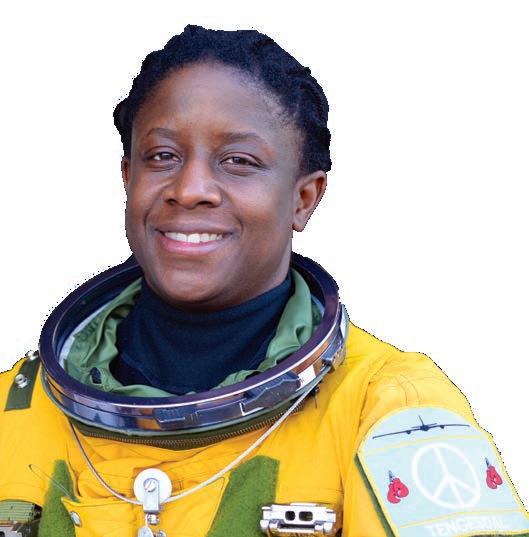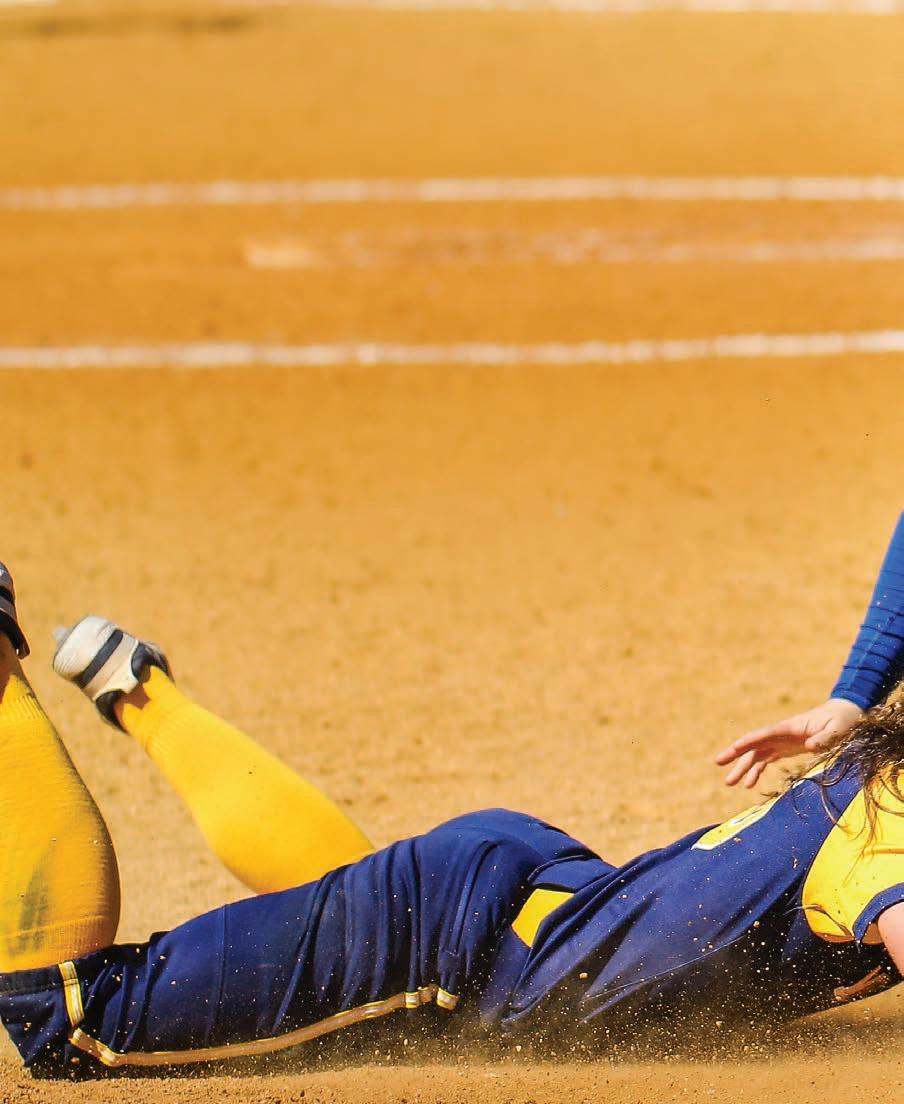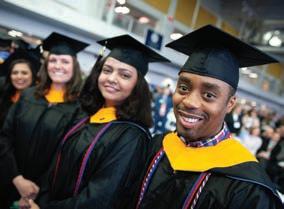
3 minute read
Talking to
Merryl Tengesdal: Serene Under Pressure
AS TOLD TO JOHN T. WARD

Following a 23-year career — first in the Navy, then the Air Force — Merryl Tengesdal ’94 retired from military life almost two years ago, having become the first African-American female to pilot the U-2 spy plane.
She now works as a personal trainer near Sacramento, California, where she lives with her husband, Kjell, and their 6-year-old son, Flynn.
Here, Tengesdal reflects on some of her sky-high experiences and lessons learned.
I always wanted to be an astronaut. I watched way too much Star Trek as a kid. Believe it or not, there I was at 7 years old, finger painting while also considering the basic framework for how I was going to end up piloting a space shuttle. As I got older, the path became a little clearer. I knew that I would have to do well in math and science, go to college, and, hopefully, get flight training and experience in the Navy. I can’t pinpoint where I got this drive. It’s just how I’ve always been. It’s just who I am.
I’ve always liked engineering. When I was 15 or 16, I heard about a STEP program at SUNY Binghamton — very similar to coursework that we today refer to as STEM. I saw this as a stepping-stone to studying aerospace. One of my professors at SUNY was in the electrical engineering industry. So, at 16, I had already been exposed to things like sound acoustic wave sensor technology. I knew then that I wanted to go into aeronautical engineering.
When I was thinking about applying to college, someone in my apartment building who had attended the University of New Haven mentioned that it had programs in both electrical engineering and aviation, which made the University very desirable. I applied and was thrilled to be accepted.
As a freshman, I met Professor Richard Morrison, a physics professor. I spent several semesters as his work-study student, and, along the way, he became my mentor. I remember that in my junior year — having noticed my work ethic and knowing of my interest in becoming a pilot — he looked at me and said, “There is a program in electrical engineering at the University of Maine funded by the National Science Foundation. You’re going to apply, and you’re going to get in.” And I thought, “No way, man! I ain’t doing this!” I’m talking slang, but at the time, it just all seemed so impossible. But that’s what happened, and that’s how I spent the summer of my junior year. Professor Morrison treated me like one of his daughters, but he also gave me a kick in the pants.
After graduating, I spent 10 years in the Navy. To start, I flew helicopters in the Middle East, South America, and the Caribbean. I then served as a fixed wing flight instructor. In 2004, I joined the Air Force and became only the fifth woman in the program’s history to pilot the U-2. I’m still the only African-American female in what we call the Brotherhood — a community of about 1,040 men and women who’ve flown that aircraft. We don’t count flights, we count hours flown, and I have more than 1,000 hours in the U-2, including 330 combat hours.
It’s a single-seat aircraft, you’re in a pressure suit, and it’s very challenging to fly at lower altitudes. But I enjoyed the quietness of it. It’s serene. It’s just you versus the machine. It doesn’t judge you. It doesn’t care who you are, doesn’t care what you bring to the table. You’re either good at it or you’re not.
I never did become an astronaut — the U-2 is about as high as I got — but I’m pretty good with that. People ask if I’d ever want to get a seat on a Virgin Galactic space flight. But I don’t want to be a passenger. It It’s just you versus doesn’t do it for me. It the machine. It doesn’t excite me. doesn’t judge you.
When I speak to It doesn’t care who groups of young people, I tell them, “You’ve got you are, doesn’t to be your biggest fan. care what you You’ve got to do the bring to the table. work. Because if you give You’re either good up on yourself, who else at it or you’re not. is going to invest in you?”










